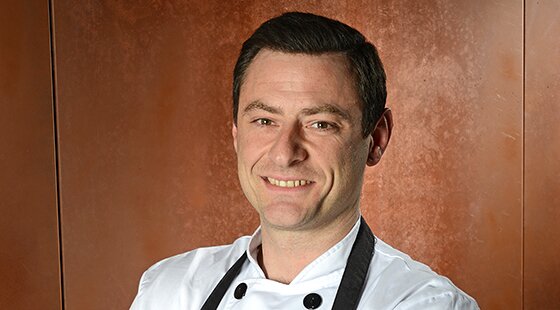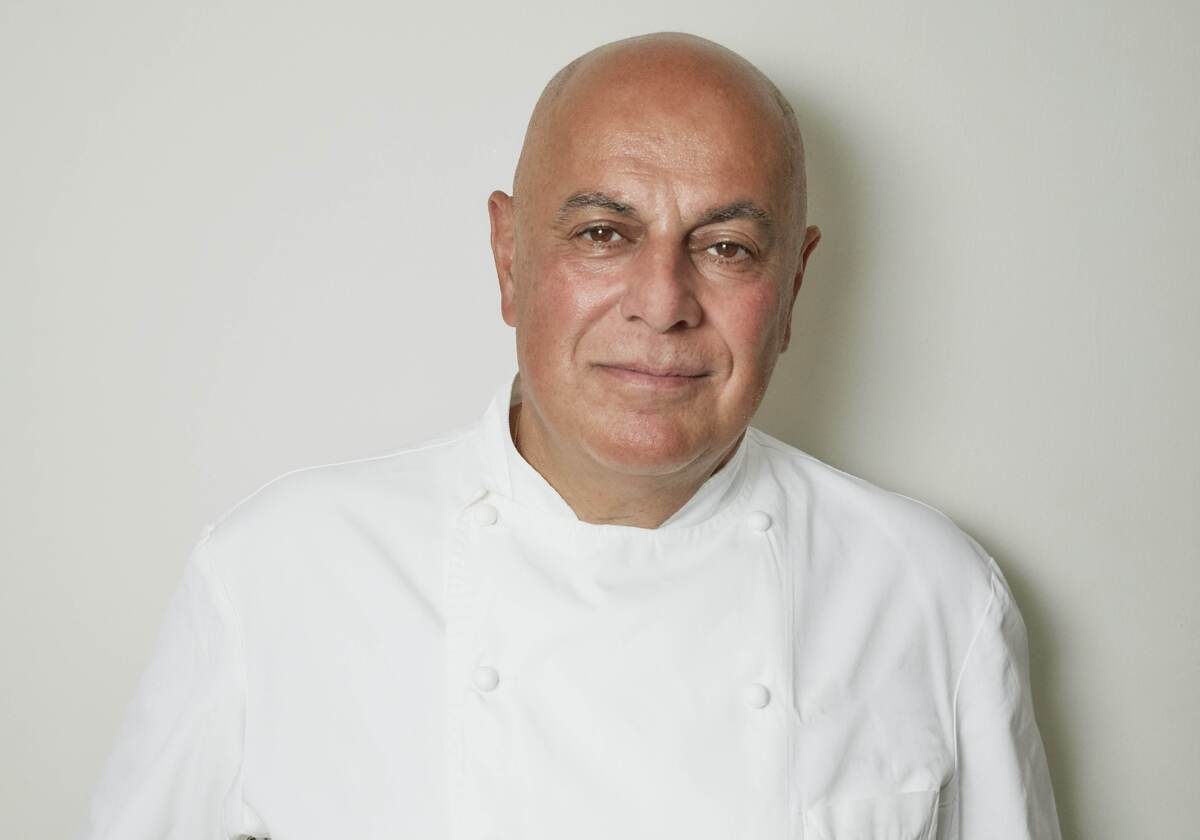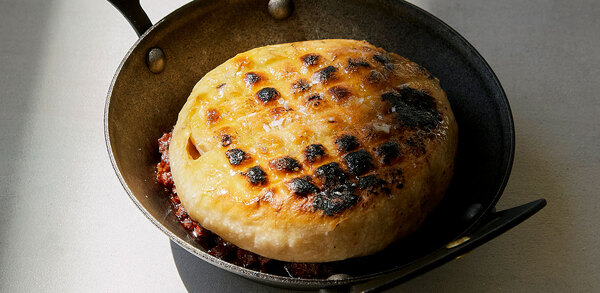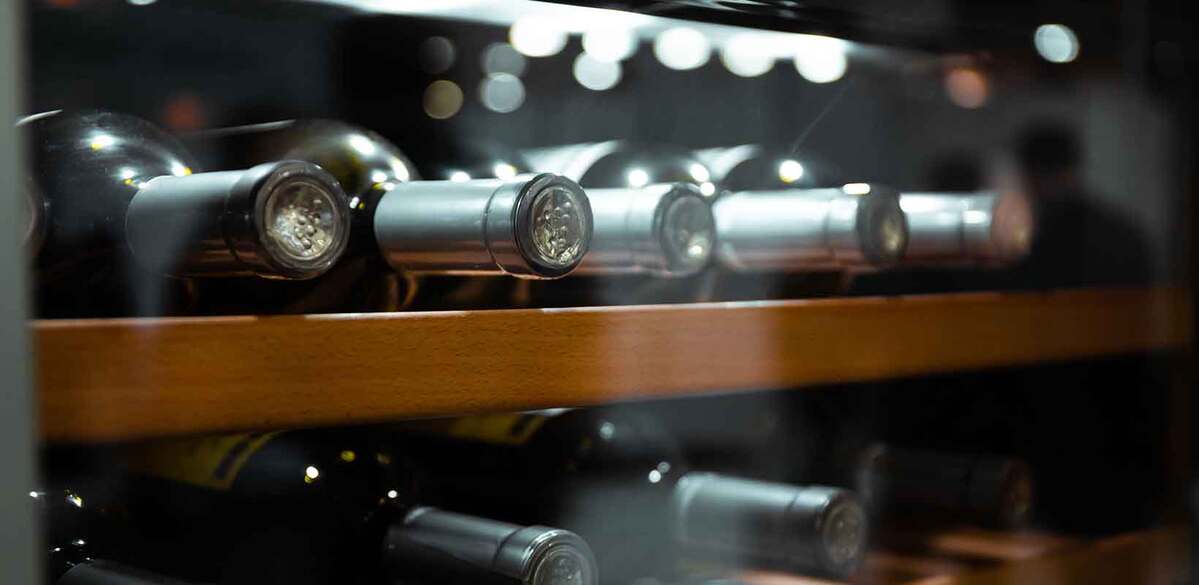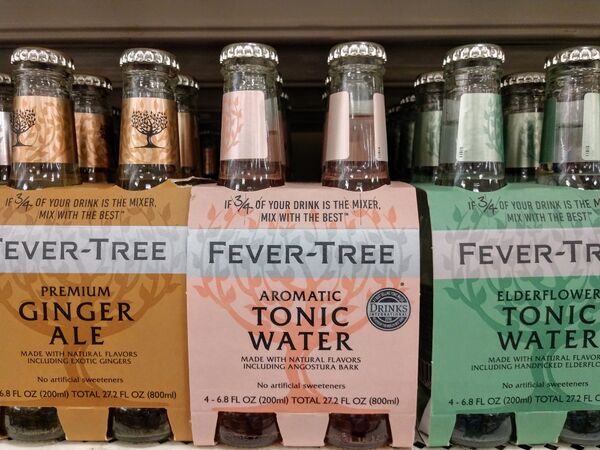Viewpoint: Making the most of every ingredient
Food waste is a serious issue in the catering industry, but as Dan Kelly explains, there are hundreds of creative solutions
In 2010 I was one of the chefs involved in the BBC's Great British Waste Menu, alongside Angela Hartnett, Richard Corrigan, Matt Tebbutt and Simon Rimmer. The aim of that show was to produce a catering event for 120 people with just waste produce.
During filming, we witnessed Britain's food waste problem in action. We heard from farmers who had to plough their "wonky veg" back into the earth because a supermarket decided it didn't want to stock anything that wasn't aesthetically "perfect". It was heart-breaking to see their hard work literally sink into the ground.
Having grown up in an Irish family, I was taught to make the most of every ingredient that graced the kitchen. We incorporated leftovers into different dishes, and I guess the playfulness involved in that process is one of the reasons I decided to become a chef. That early life lesson was reinforced while I was training to be a chef. I learned to use every single part of every single vegetable. Nothing ever got thrown away.
That's the reason I can't understand why, in 2019, we're still wasting a third of the world's food. In fact, the Shard in London could be filled 11 times over every year with the amount of food wasted in the UK alone. This isn't just unacceptable, it's unsustainable. We're struggling with farmland as it is, and research suggests that by 2050 we will run out of space.
Forty per cent of produce gets wasted before it even gets to caterers, so preventing food waste begins with the way ingredients are sourced. As a business, you need to be conscious about the partnerships you create. Our customers choose us because we share their values. It would be foolish of us not to do the same. We pick suppliers for their ethics and ethos; and we work together to ensure we minimise food waste wherever possible.
The next step is in the prep. At Vacherin, we run workshops on how underused vegetables can easily and nutritiously be integrated into dishes. It may not be as attractive as the florets, but the stem of a broccoli has more vitamin C than an orange and it makes for a great addition in soup or stir fries. Barbecued cauliflower stems are crunchy and smoky sides to serve; cucumber pulp can be run through a juicer and used in smoothies or salsas; and blanched and dehydrated carrot peelings act as a powdered coating for salads.
There wasn't a demand for underutilised veg when we first launched I'mperfect in 2014, a campaign designed to reduce food waste. Food waste wasn't high on the agenda then. Now, a key question we get asked when we go to tender is: "What are you doing about food waste?". The supply chain has also undergone an attitudinal transformation.
It used to be a nightmare finding waste-conscious suppliers. In fact, at the Vegetable Summit a couple of years back, I remember asking the main caterers and suppliers to change their procurement/purchasing behaviour because of this issue, and they all pushed back and said no, claiming that logistically it was too difficult.
I'm pleased to report those very same companies are now supporting the government in finding the solution. This shows how far we've come in five years, but there's definitely more work to do.
Dan Kelly is deputy managing director of food and operations at Vacherin



